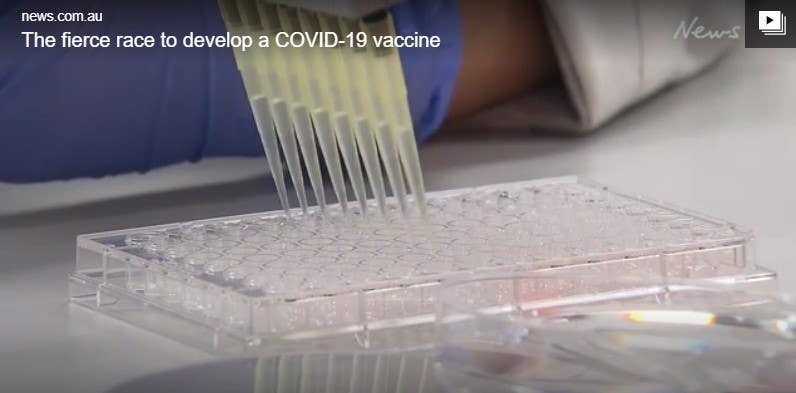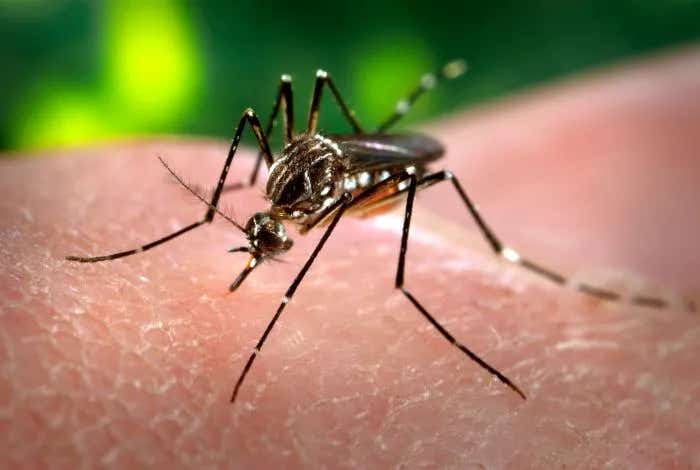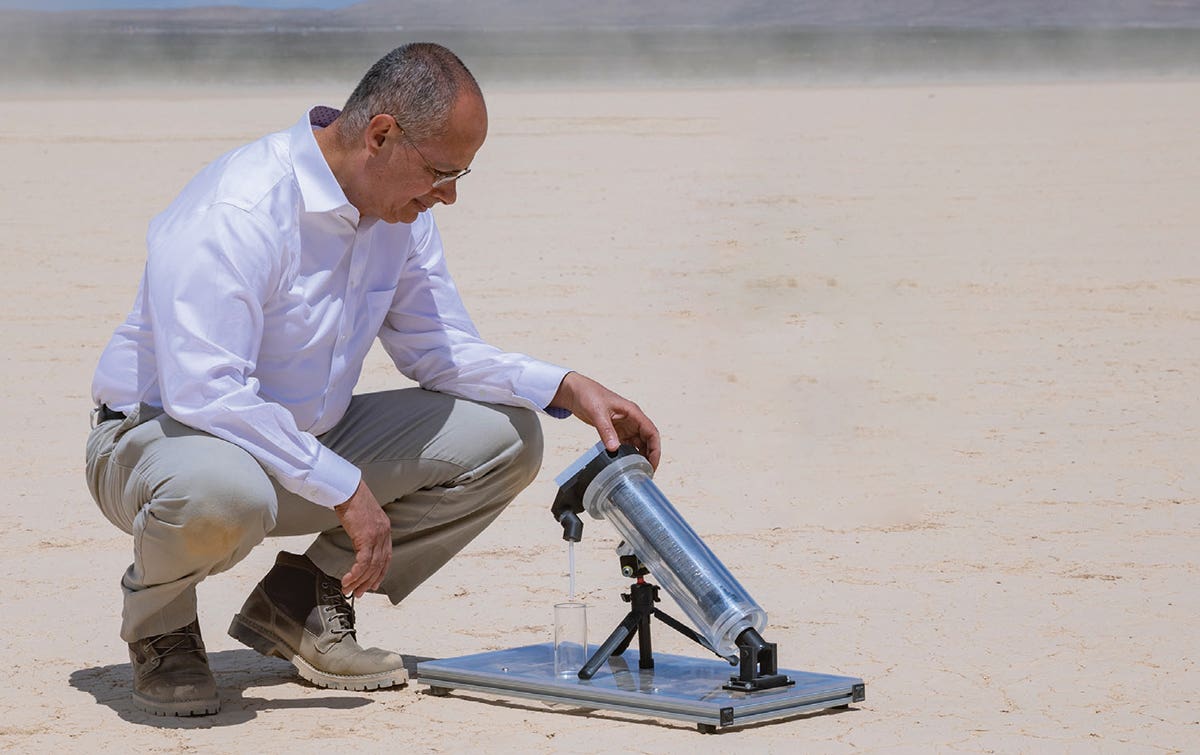Australia Heart Research Institute believes new drug can ease blood clots in COVID-19 patients
Coronavirus is causing aggressive blood clots to form in some patients, but medical experts believe a new drug can help.

[July 31, 2020: News.com.au]
Medical researchers at Australia Heart Research Institute say they have developed a new drug that eases blood clots in patients struck down with a serious case of COVID-19.
Lead researcher Professor Shaun Jackson said medical experts first believed coronavirus was “just another nasty respiratory disease” but were now concerned at its ability to stop blood flowing to vital organs.
“Coronavirus actually causes a massive blood clotting problem, and what we’re finding is that the blood becomes very thick and sticky and vessels can be left permanently damaged,” he said.
“Doctors overseas have never seen something this aggressive and where normal traditional methods of thinning the blood are not working.”
Prof Jackson explained standard doses of heparin – the typical drug used to thin blood – were not working on COVID-19 patients.
He said doctors were then trying increased doses, but this instead caused bleeding.
Like these kind of stories? Get The Brighter Side of News' newsletter.
Prof Jackson and his team of researchers believe a new anti-clotting medicine they’ve been working on for the past 20 years could help.
And he hoped the drug – awaiting an official name but recognised as AZD6482 – would be approved and ready to use on humans trials, but researchers required $15 million.... Read More



